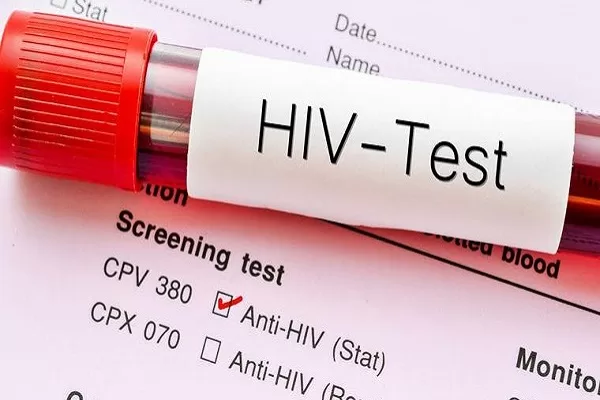In 2023, Ghana documented 17,774 fresh cases of HIV infection according to the latest national and sub-national estimates. Among these, 6,457 were males and 11,317 were females.
The figures included 4,869 young people aged 15-24, 1,698 children under 15, 1,520 adolescents aged 10-19, and 16,076 adults over 15.
Dr. Kyeremeh Atuahene, Director General of the Ghana AIDS Commission, revealed these statistics in Accra, noting a 14.8% reduction in new infections from 2013 to 2023. However, Ghana fell short of its annual target of a 17% decrease over the past decade.
Looking ahead, Dr. Atuahene outlined plans for a 41% accelerated reduction in new infections by 2030. Currently, an estimated 334,095 Ghanaians are living with HIV, with significant numbers in different age brackets, highlighting an overall 9% increase from 2013 to 2023.
Tragically, 12,480 deaths in 2023 were attributed to AIDS-related causes, despite the availability of treatments to prevent disease progression.
Dr. Atuahene emphasized Ghana’s commitment, alongside global efforts, to achieve the 95-95-95 targets by 2025: ensuring 95% awareness of HIV status, 95% of those diagnosed receiving antiretroviral therapy, and 95% achieving viral suppression.
The majority of HIV cases affect individuals aged 15-49, a crucial demographic for Ghana’s economy, underscoring the importance of prioritizing efforts to halt the AIDS epidemic in the country.




